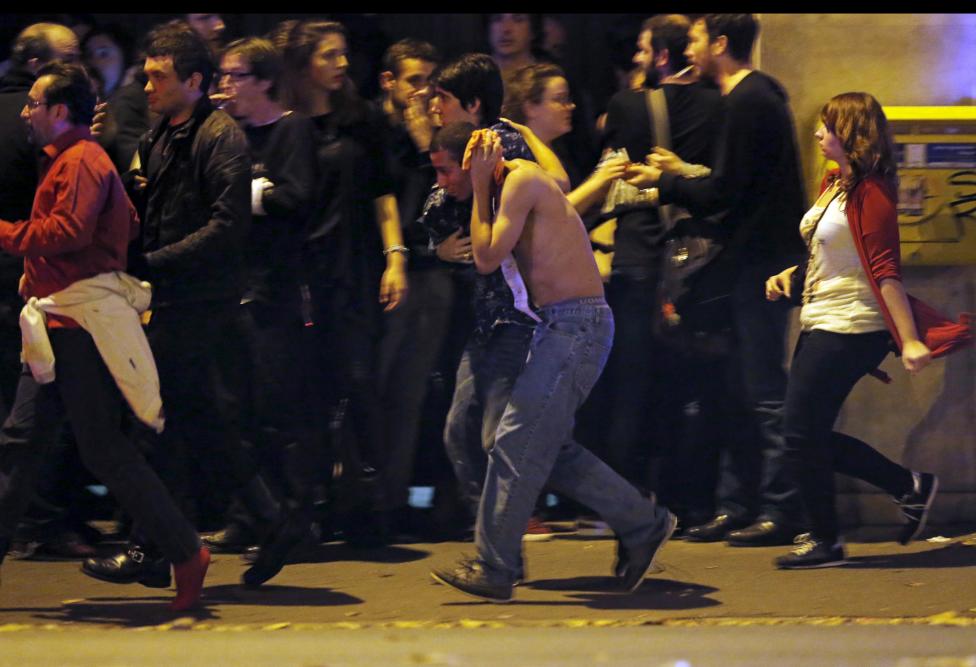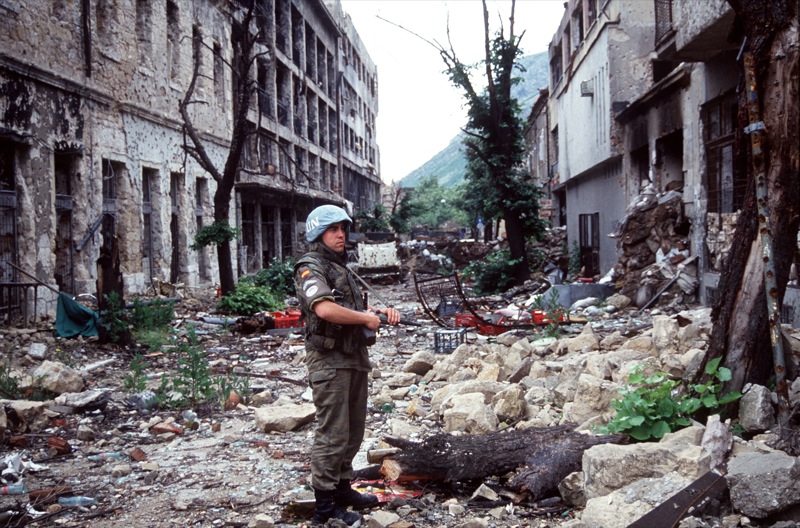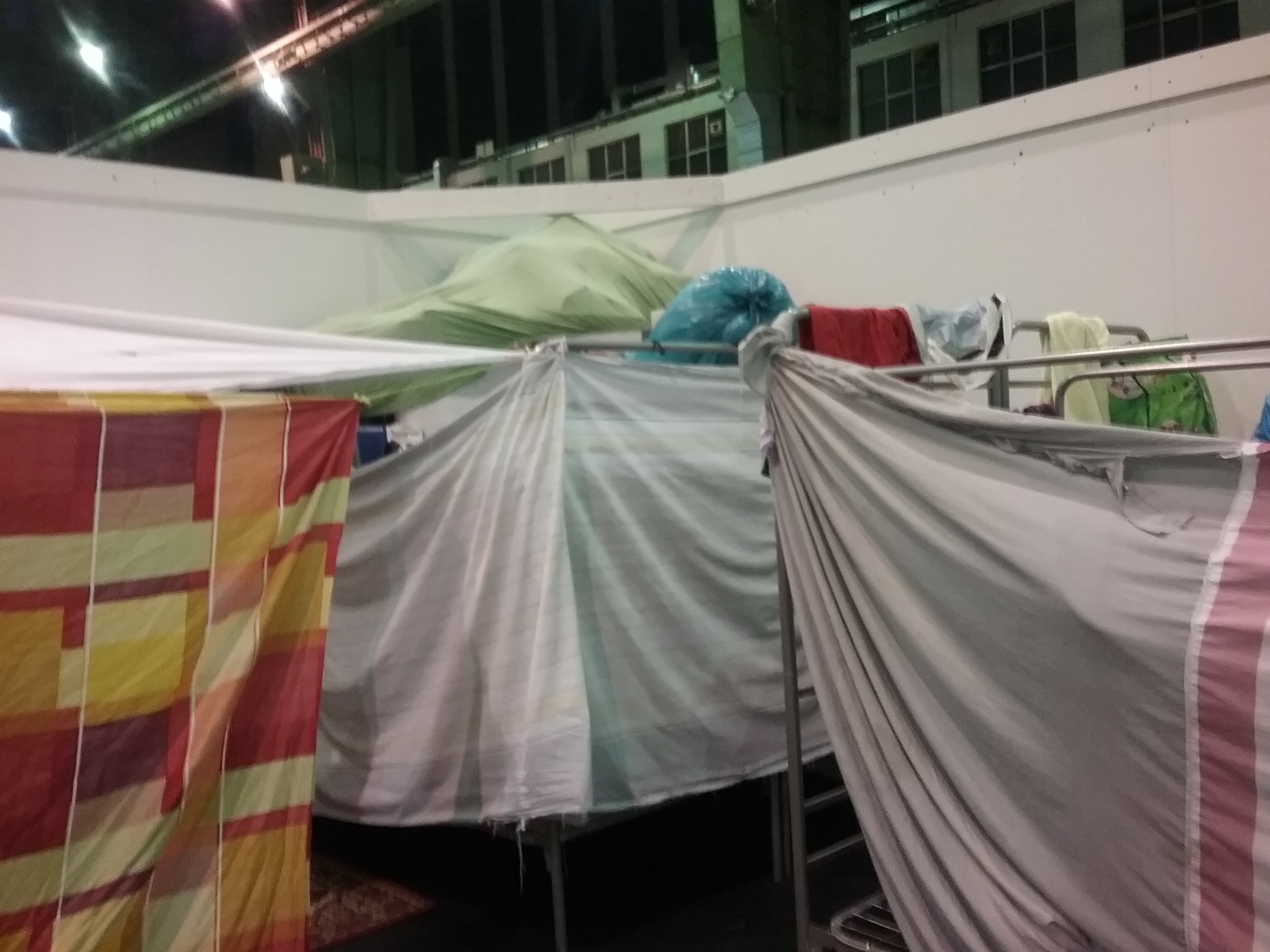Ethnic and Religious Conflict: Causes and Consequences
Spring 2017
|
Professor Crawford 107b Stephens Hall Office Hours: Weds. 2-3 |
Home


Syrian Refugees Turkey.............................................ISIS Attack in Paris 2015
This weekly interdisciplinary research seminar is open to upper division students. Intermediate to advanced knowledge of the course topic may be useful, but such knowledge is not a requirement. The course is designed to provide students with an opportunity in a small group setting to research questions that have emerged in the course of their studies and/or apply and synthesize knowledge from their previous coursework or personal experience.The seminar involves weekly discussions and critiques of readings and assignments. A final paper or project is required. Each interdisciplinary research course has a theme, and requires students to read widely and deeply on that theme over the course of the semester. The theme for this course is “Ethnic and Religious Conflict: Causes and Consequences.”
In recent years we have experienced the rise of xenophobia, intolerance, exclusionary nationalism, and growing conflict along ethnic and religious fault lines in a context of rapid globalization and gaping economic inequality. Indeed, exclusion, radical nationalism, and ethnic and religious conflicts are now the most common sources of political violence in the world. They have led to the refugee crisis and tragic terrorist attacks, as well as long, festering disputes over land and resources. What are the causes of these conflicts? Is xenophobia and intolerance "natural" to the human condition? Is the urge to reject "the other" encoded in our oldest human ancestors? Or are identity cleavages simply social constructions shaped by historical conditions, imperialist oppressors, and crafty politicians? How do economic and environmental forces such as poverty, inequality, drought, and even climate change shape these conflicts and their outcomes? What are their consequences? And how can they be resolved? The seminar will begin by providing an analytic “toolkit” to assist in addressing these questions. Students will explore various approaches to ethnic and religious conflict and then research and write on a conflict of their choosing.


Bosnian War 1991.......................................................................2016 Refugee Housing in Berlin